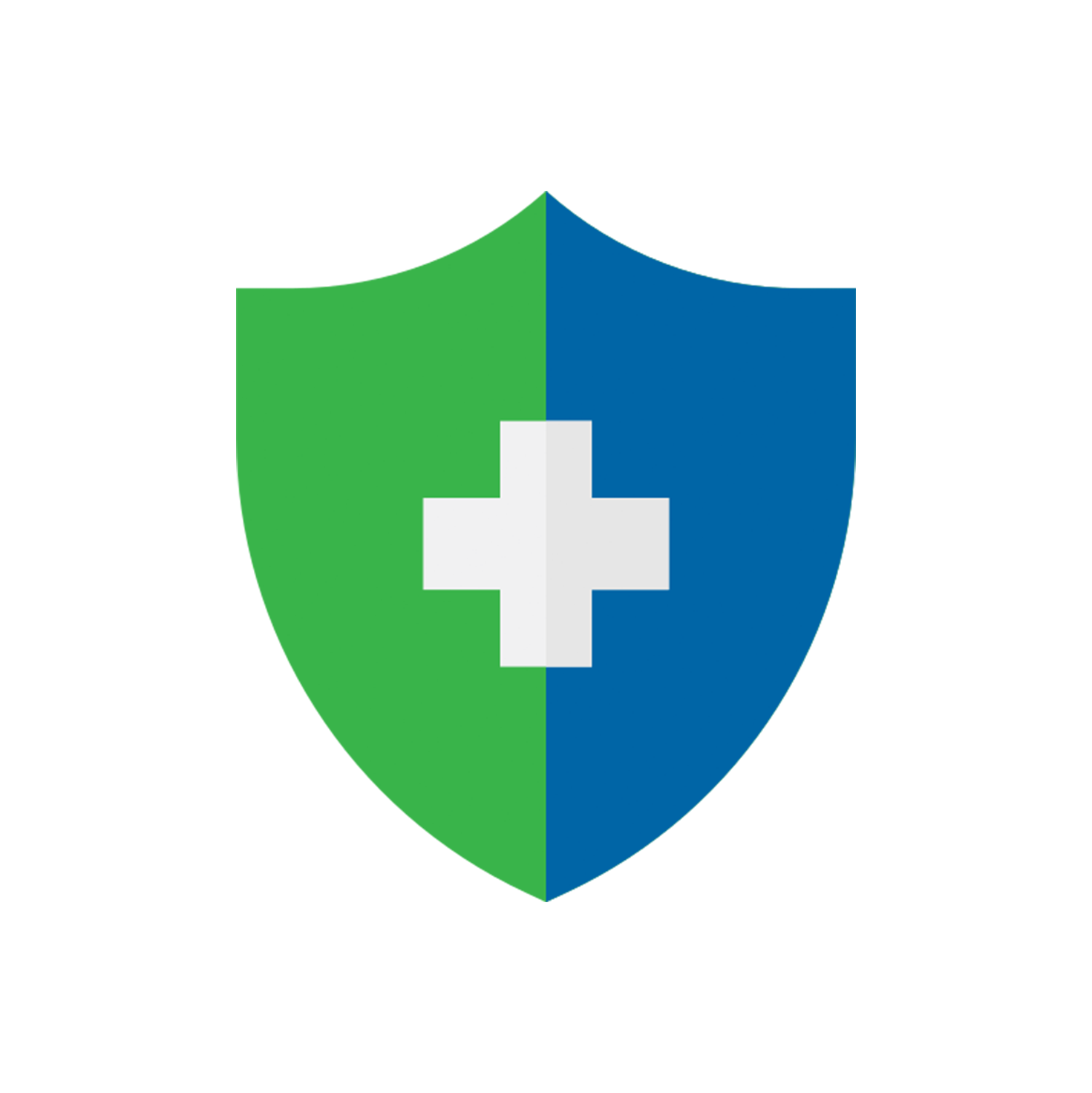Smokers often have a love/hate relationship with cigarettes. They know smoking is detrimental to their health, and yet puffing away just feels so good that they simply cannot bring themselves to quit. There are plenty of smoking cessation approaches available. Choosing a plan that suits you and your lifestyle would increase the chances of a successful quit.
Nicotine Replacement Therapy
Nicotine Replacement Therapy (NRT) works by releasing a measured, lower dose of nicotine compared to smoking. This helps reduce withdrawal symptoms and craving intensity.
Examples of NRT products: patches, gum, lozenges, mouth spray, inhalator and tablets. Always consult your doctor or pharmacist regarding your NRT needs.
Prescription medication
There are prescription drugs that help people quit smoking:
- Champix (varenicline) makes smoking cigarettes less satisfying and reduces cravings and withdrawal symptoms.
- Zyban (bupropion) is an antidepressant that affects areas of the brain associated with nicotine cravings.
Again, always seek medical advice before use.
Alternative therapies
Non-traditional therapies like acupuncture and hypnotherapy have yet to be supported by convincing scientific evidence that prove their effectiveness. Nevertheless, they are widely used by people who want to quit smoking.
Electronic cigarettes
Electronic cigarettes, or e-cigarettes, heat up a solution to emit a vapour, which the user inhales. The effectiveness of these battery-operated devices in helping smokers quit remains largely unknown.
Keep talking
While professional counselling can be of great help, support and encouragement from your family, friends, or a “quit-buddy” can also increase your chances of quitting for good.
© Cigna Healthcare 2023
Information provided in this article is intended for health and fitness purposes only and is not intended for use in the diagnosis of disease or other conditions, or in the cure, mitigation, treatment or prevention of disease (see Terms & Conditions for details). Any health-related information found in this article is available only for your interest and should not be treated as medical advice. Users should seek any medical advice from a physician, especially before self-diagnosing any ailment or embarking on any new lifestyle or exercise regime. Any information contained in this article may not be suitable, accurate, complete or reliable. Cigna Healthcare accepts no responsibility for the content or accuracy of information contained on external websites or resources, or for the security and safety of using them. "Cigna Healthcare" and the "Tree of Life" logo are registered trademarks of Cigna Intellectual Property, Inc. in the United States and elsewhere, licensed for use. All products and services are provided by or through operating subsidiaries, and not by The Cigna Group.





